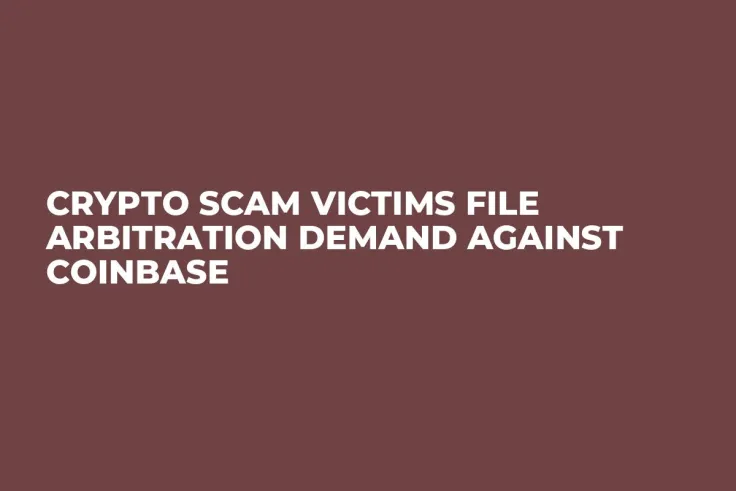
Coinbase customers who have lost a considerable amount of crypto to scammers have filed an arbitration demand against the popular cryptocurrency company, according to a report by The Washington Post.
The victims claim that one of the biggest crypto companies ignored their impassioned requests to fix vulnerabilities in its Coinbase Wallet app. Some of them ended up losing their entire life savings, according to the report.
Eric Rosen, a lawyer who represents a group of disgruntled Coinbase customers, says that the exchange failed to implement the necessary mechanisms in order to prevent fraudsters from taking advantage of its users.
U.Today has reported on a slew of giveaway scams that aim to trick users into sending their crypto elsewhere by promising high returns. The sophisticated fraud scheme, which was discovered earlier this year, takes a different approach by stealing money right from their wallets.
Fraudsters hunt for potential victims on social media and dating apps and offer them to participate in a questionable "liquidity mining" program. However, in order to participate in the program, users had to buy a mining certificate for a few dollars. Hundreds of victims were tricked into clicking malicious links to the purported certificate that actually gave scammers unfettered access to their wallets. This was possible due to deficiencies in the Coinbase Wallet, according to the filing.
The victims argue that fraudsters would not have been able to pull off such a scam if it were not for Coinbase's negligence.
Reuters predicts that the case will have wideranging implications for the industry if arbitrators end up siding with the plaintiffs.

 Dan Burgin
Dan Burgin Alex Dovbnya
Alex Dovbnya Caroline Amosun
Caroline Amosun Tomiwabold Olajide
Tomiwabold Olajide